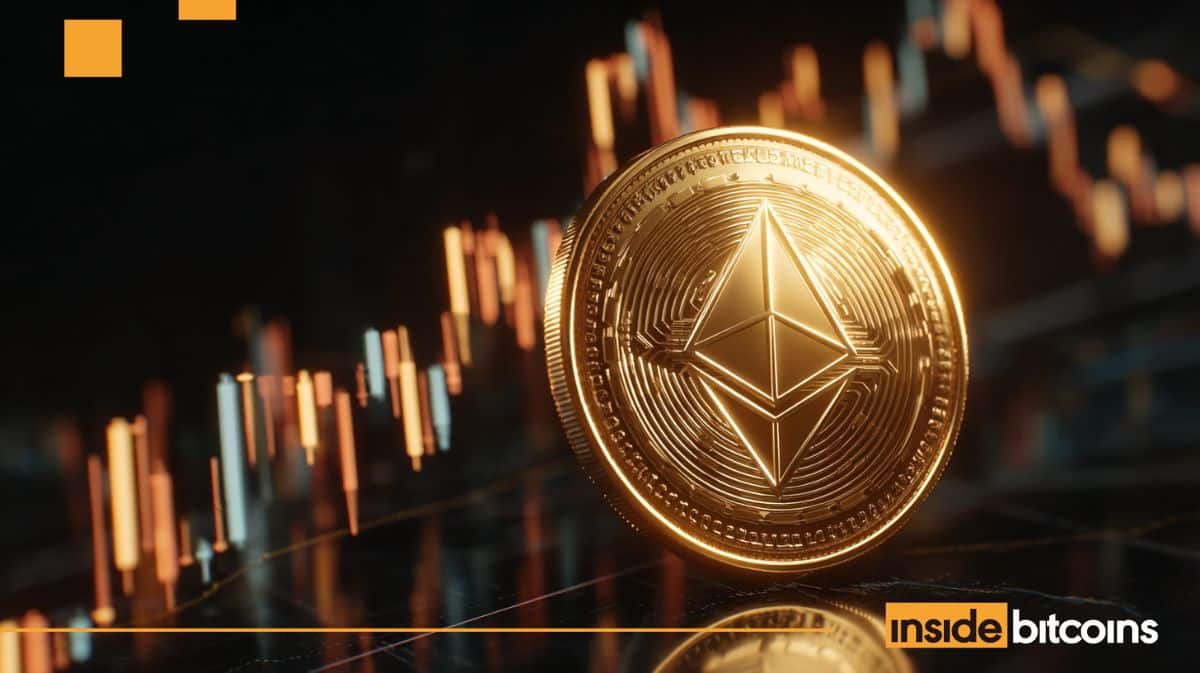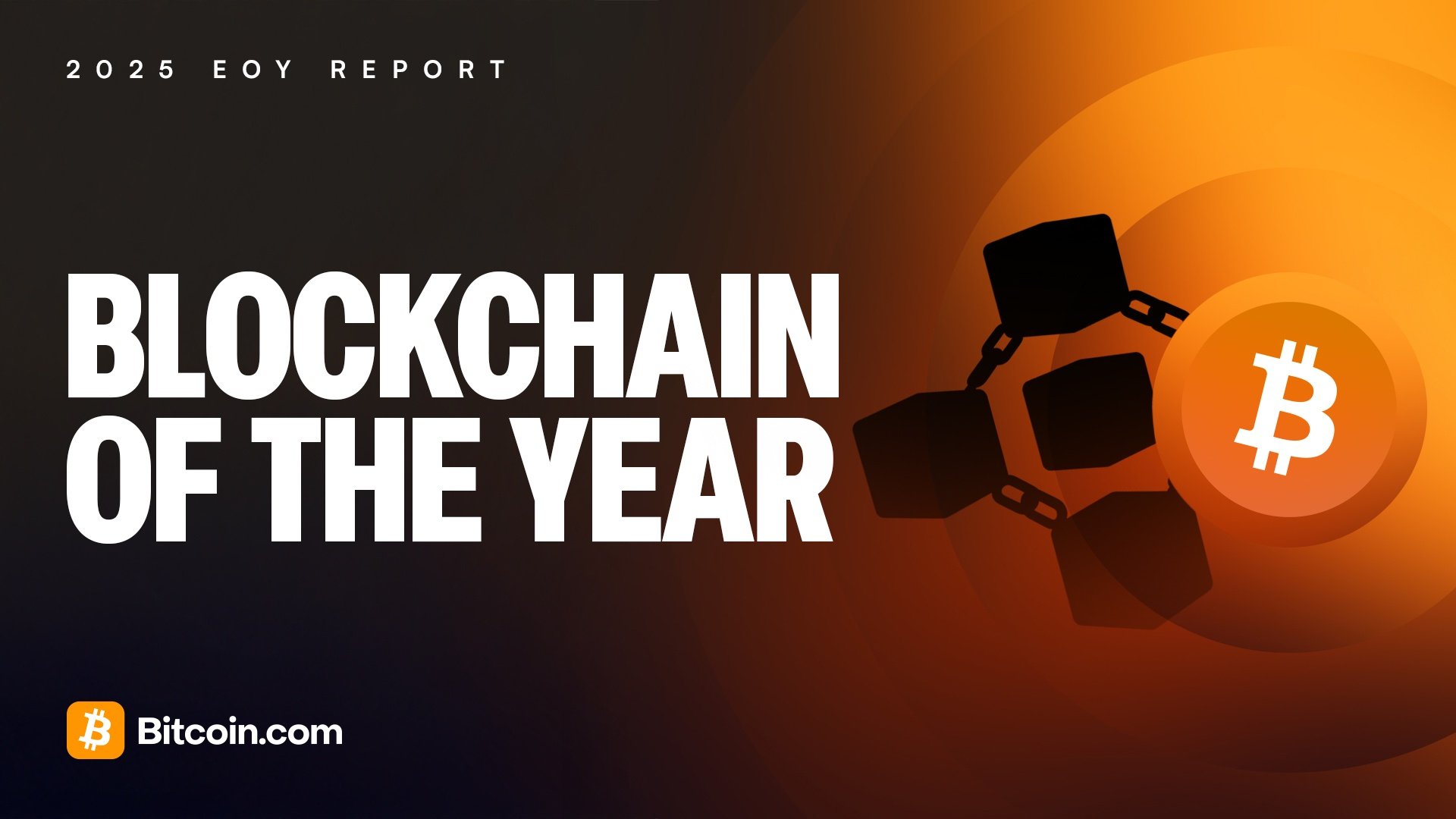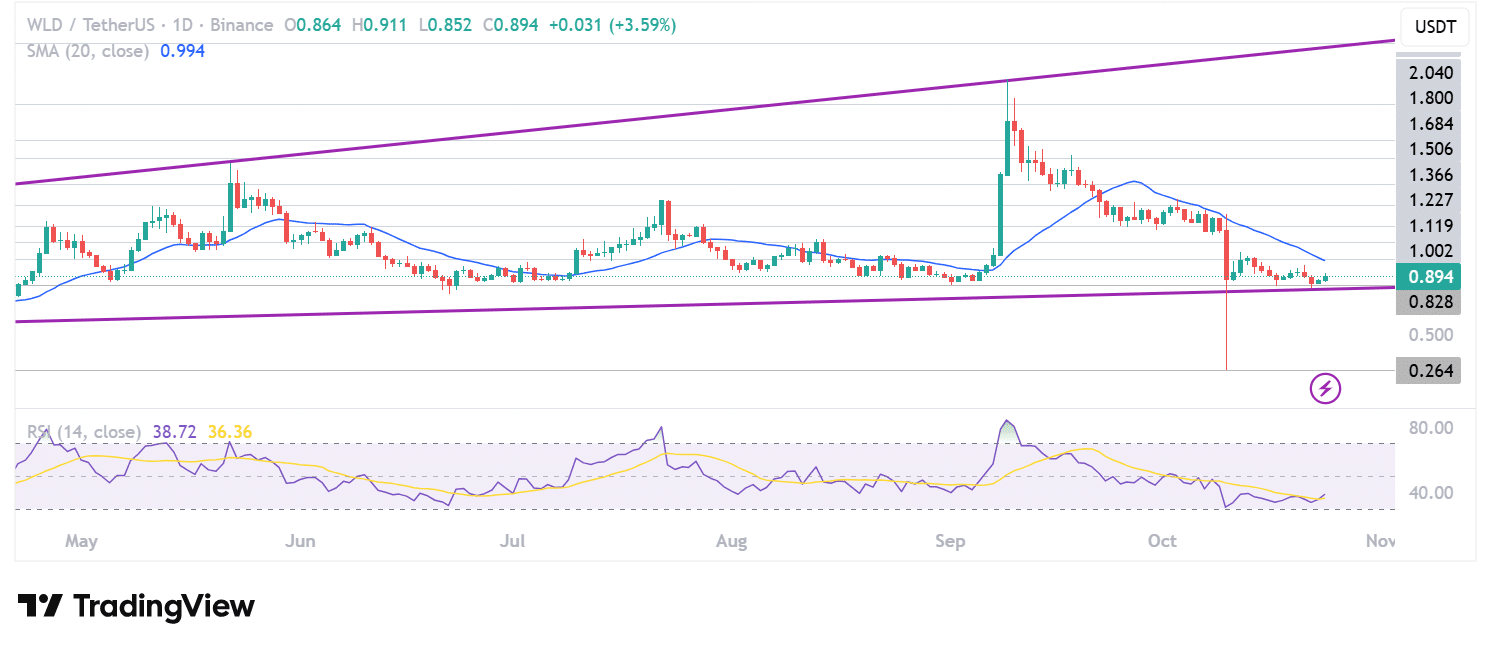
In a stunning turn of events, US President Donald Trump has issued a full pardon for Changpeng “CZ” Zhao, the founder of Binance, the world’s largest cryptocurrency exchange. Zhao had pleaded guilty in late 2023 to a single count of failing to maintain an adequate anti-money laundering program and subsequently stepped down as CEO. Binance paid a record $4.3 billion settlement to US authorities, and Zhao served four months in prison as part of the plea agreement.
Despite these legal and regulatory challenges, Binance has maintained its dominance in the crypto market. As of mid-2025, the exchange continues to command approximately 40% of global spot trading volume, underscoring its resilience and strong global user base. However, the journey has been turbulent. Since 2023, Binance has faced mounting regulatory scrutiny worldwide, with lawsuits from the SEC and CFTC reducing its market share from 60% to 52%.
Meanwhile, Binance.US has seen its operations severely curtailed, and several countries — including the UK, Nigeria, and Canada — have imposed restrictions or outright bans. Zhao’s pardon marks a significant political and symbolic moment, potentially reshaping Binance’s global narrative and reigniting discussions around crypto regulation and leadership accountability.
Binance Rebuilds Global Strength Through Asian Expansion and Stablecoin Dominance
Insights from XWIN Research Japan reveal that Binance’s response to years of regulatory headwinds has been a calculated strategic pivot toward Asia — a region increasingly defining the future of crypto adoption. In 2025, SoftBank’s PayPay acquired a 40% stake in Binance Japan, integrating its infrastructure into one of Japan’s largest mobile payment platforms. This move effectively bridged traditional fintech and crypto, boosting accessibility to millions of users.

Simultaneously, Gulf Binance obtained a full operating license in Thailand, launching regulated services and cementing its presence in Southeast Asia. In South Korea, after years of exclusion, they successfully re-entered the market through its acquisition of GOPAX, gaining approval from local regulators — a major milestone in restoring its regional footprint.
On the technological front, the BNB Chain ecosystem has experienced a strong resurgence. Decentralized trading volumes, active wallets, and developer engagement have surged, positioning Binance not just as an exchange, but as a critical DeFi infrastructure layer within the broader blockchain economy.
Most significantly, Binance now dominates the global stablecoin liquidity landscape. According to CryptoQuant, as of October 2025, Binance holds $44.2 billion in ERC-20 stablecoin reserves, representing 67% of all exchange balances. This liquidity serves as the backbone for markets across India, Brazil, and South Korea, reinforcing Binance’s pivotal role in facilitating cross-border trading and capital flows.
Having endured and adapted to regulatory pressure, Binance is now rebuilding from a position of strength — anchored by strategic partnerships, technological expansion, and an unshakable command over stablecoin liquidity. The exchange’s evolution reflects a shift from compliance recovery to structural dominance within the global digital asset ecosystem.

Editorial Process for bitcoinist is centered on delivering thoroughly researched, accurate, and unbiased content. We uphold strict sourcing standards, and each page undergoes diligent review by our team of top technology experts and seasoned editors. This process ensures the integrity, relevance, and value of our content for our readers.







